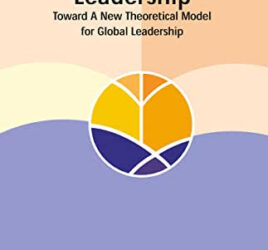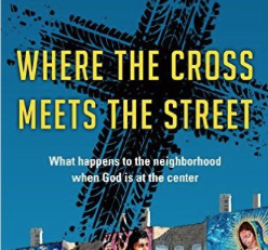In the book, When Helping Hurts,[1] authors Corbett and Fikkert aim to help local congregations in North America—and by extension their missionaries—to be involved in poverty alleviation using appropriate principles and methods. The authors hope not only to see an increased involved by the North American church in poverty alleviation, but—perhaps more importantly—that by adjusting their methods more people will be helped rather than harmed in the process. The book is divided in three parts: Part 1 discusses “the fundamental nature of poverty”; Part 2 highlights three “key issues that should be considered in the design and implementation of any poverty-alleviation strategy”; and Part 3 relates these concepts to the broader scope of economic development.[2]
Although an easy to read and accessible book, the concepts presented in When Helping Hurts are profound and transformational. Missionaries and good-hearted Christians easily make the mistake thinking they can help the poor by giving them some money or doing something for them. The authors confess they themselves have made numerous mistakes themselves over the years. As a result, the poor may end up more hurt in the process than helped.
To start with, we need a better and biblical understanding of what poverty means. The authors define poverty as “the result of relationships that do not work, that are not just, that are not for life, that are not harmonious or enjoyable,” or stated more concisely, “Poverty is the absence of shalom in all its meaning.”[3]
Often we only think in terms of material poverty and would conclude that providing for the material need alleviates that poverty. However, all of us are poor one way or another. Considering that wholeness is defined in having a right relationship with God, self, others and the rest of creation, we all experience brokenness in some aspects of our lives. Therefore, we may be well to do financially, yet be poor in our relationship with self, God or others. Serving the poor from this perspective helps us realize that we, as fellow poor people, are serving with other poor people and not just doing things for them.
Viewed from this perspective, the authors define poverty alleviation as “the ministry of reconciliation: moving people closer to glorifying God by living in right relationship with God, with self, with others, and with the rest of creation.”[4] This fundamental paradigm shift in thinking impacts how we view ourselves, view poverty, and how we approach the poor in working with them to better their lives.
When Helping Hurts has helped me on my personal journey in discovering my own brokenness and in viewing my ministry as coming alongside other broken people. As the pastor of an international church, I have to work extra hard in correcting not only my view, but also the view of my ever changing congregation, as well as the view of outsiders. Too easily will others look at us as wealthy expats with lots of material resources that we can just give away to the poor. Corbett and Fikkert tell us that is exactly what we should not do, because we would be hurting more than helping. I intent to use this book as a resource for our Love Hanoi campaign and offer a regular workshop based on this groundbreaking work.
By Jacob Bloemberg
[1] Steve Corbett and Brian Fikkert, When Helping Hurts : How to Alleviate Poverty without Hurting the Poor– and Yourself (Chicago, IL: Moody Publishers, 2009).
[2] Ibid., 9.
[3] Ibid., 62.
[4] Ibid., 78.




